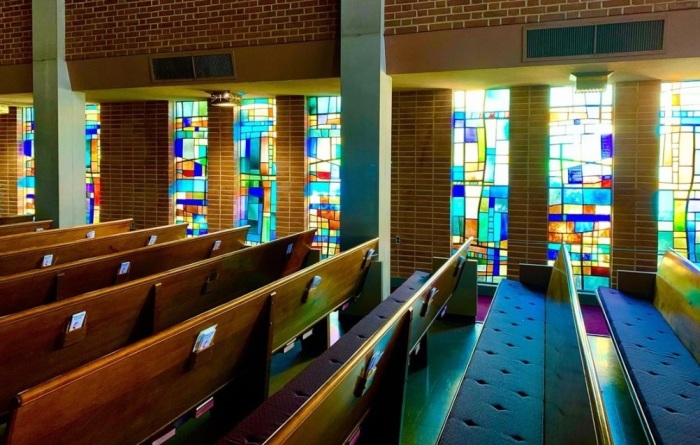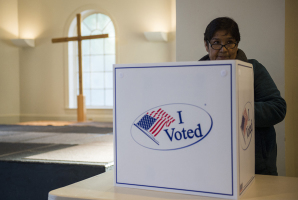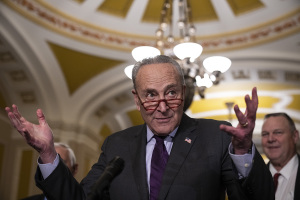5 findings from More in Common report on politics and people of faith

2. Americans overestimate the belief that religious groups see identification with a particular political party as necessary for ‘being a good’ member.
Another question in the survey asked respondents whether they thought belonging to their religious denomination required identifying with a particular political party.
The report also highlighted a "perception gap" between what Americans think members of a particular religion believe about the connection between faith and politics and what those members actually believe.
For example, non-Evangelicals estimated that 55% of Evangelical Christians believe "being a good Christian means supporting the Republican Party," but only 20% of Evangelicals agreed with the statement, revealing a 35% perception gap.
A smaller perception gap existed for mainline Protestants. Non-mainline Protestants estimated that 33% of mainline Protestants believe “being a good Christian means supporting the Democratic Party,” while only 11% of mainline Protestants held this belief.
For Catholics, non-Catholics estimated that 39% believed that “being a good Christian” required supporting the Republican Party, while only 20% of Catholics felt this way. Similarly, non-LDS members thought that 32% of LDS members believed belonging to the Republican Party was essential for being in good standing, but only 19% of LDS members agreed.
Respondents outside the Jewish faith thought that 40% of Jews believed that "being a good Jew means supporting the Democratic Party," but only 28% of Jews felt this way.
Muslims were the exception among religious groups. Non-Muslims estimated that 36% of Muslims believe "being a good Muslim means supporting the Democratic Party," which closely aligns with the actual percentage of Muslims who agree with that statement (34%).
Ryan Foley is a reporter for The Christian Post. He can be reached at: ryan.foley@christianpost.com




























